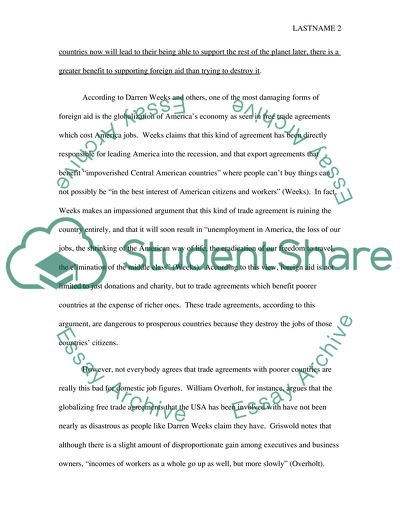Cite this document
(“The Case Against Helping the Poor Research Paper”, n.d.)
Retrieved from https://studentshare.org/english/1578639-the-case-against-helping-the-poor
Retrieved from https://studentshare.org/english/1578639-the-case-against-helping-the-poor
(The Case Against Helping the Poor Research Paper)
https://studentshare.org/english/1578639-the-case-against-helping-the-poor.
https://studentshare.org/english/1578639-the-case-against-helping-the-poor.
“The Case Against Helping the Poor Research Paper”, n.d. https://studentshare.org/english/1578639-the-case-against-helping-the-poor.


